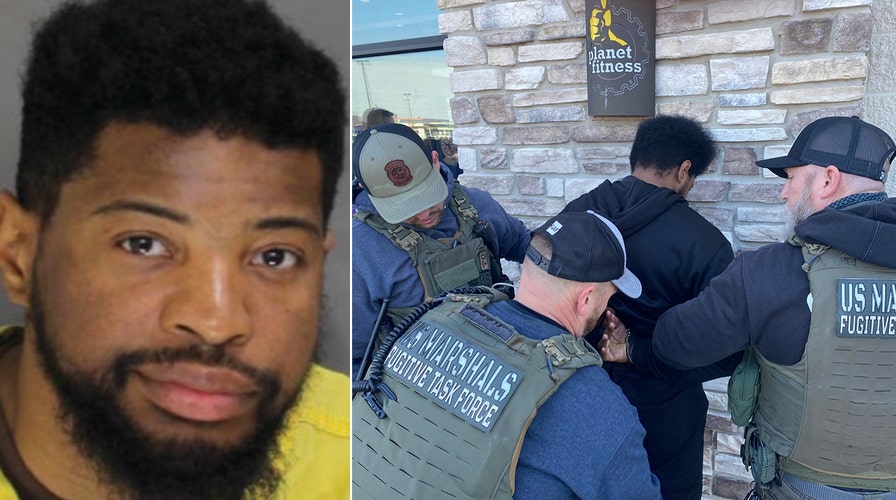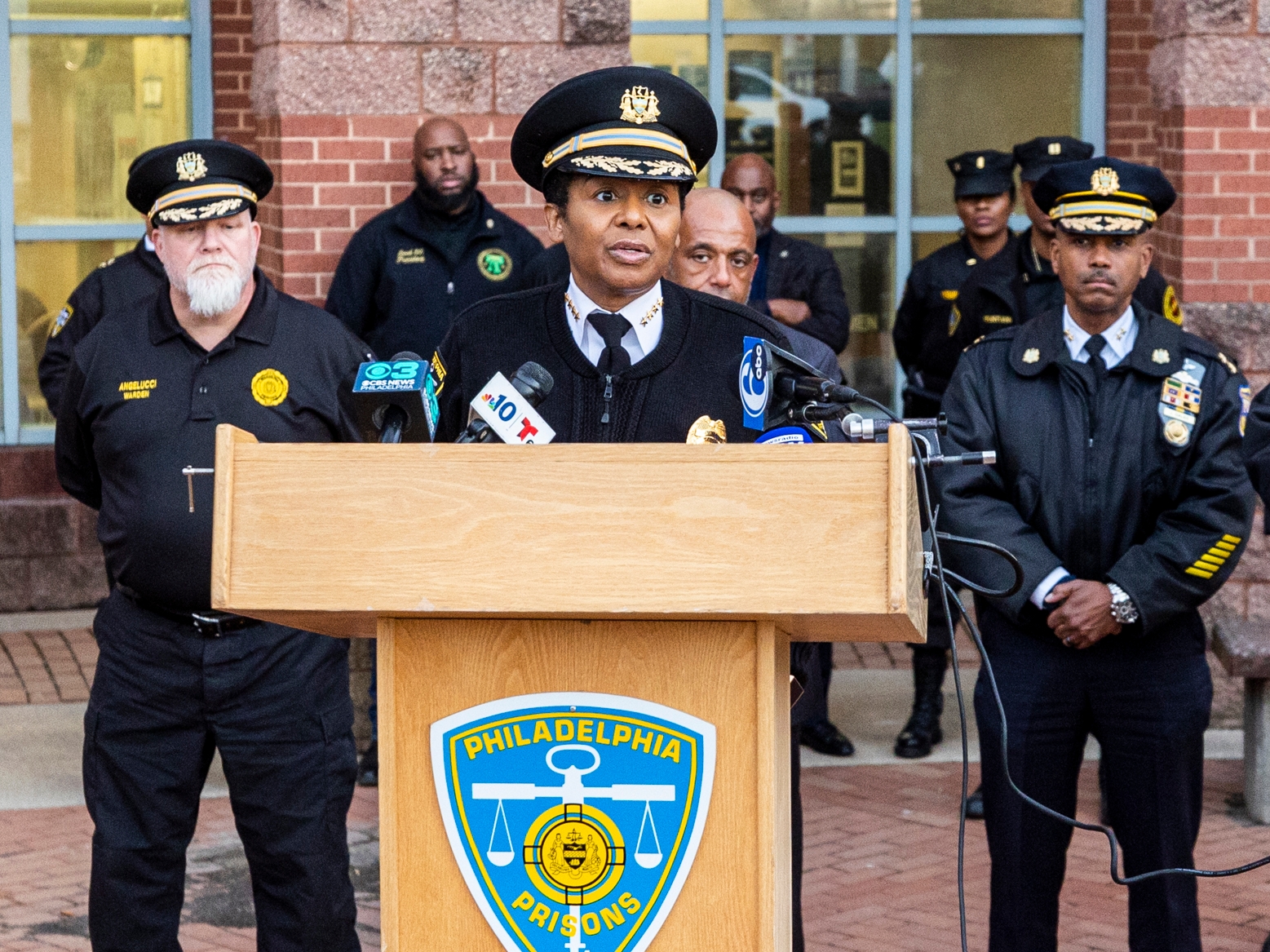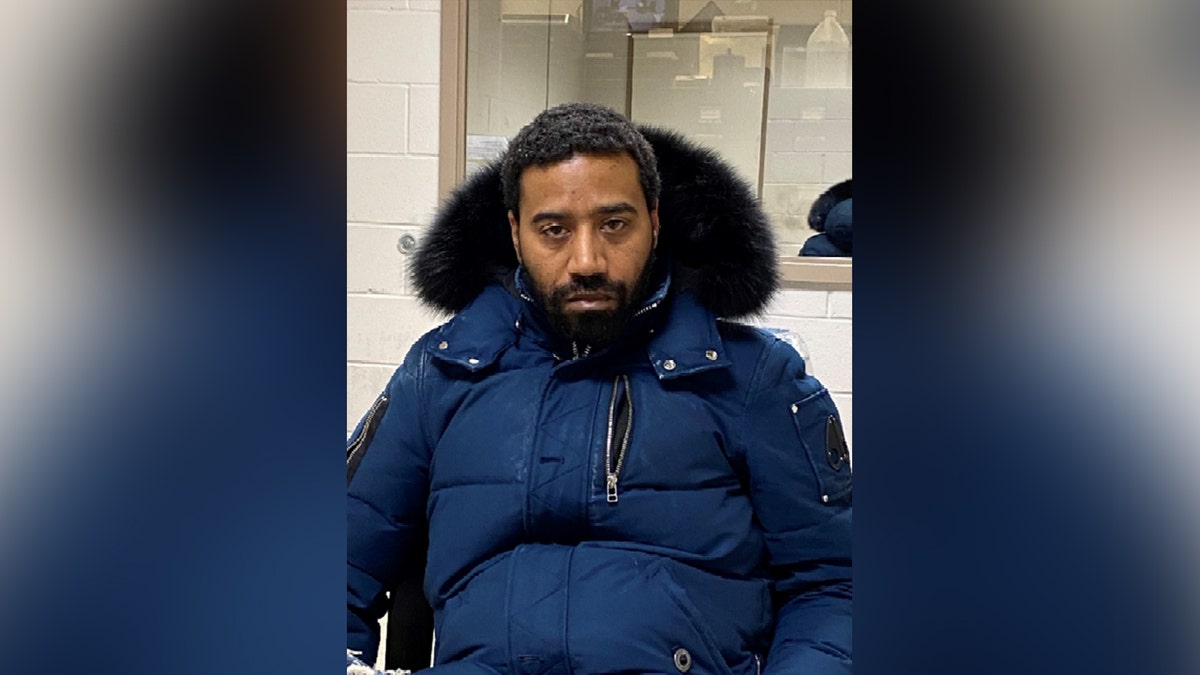First of all, I want to thank our legislators and the governor for the state budget adopted in early July. I look at the budget through the lens of education. The additional money included in this year’s budget for these purposes has been greatly appreciated by school districts across the state. For example, the Pottstown School District in Montgomery County received $3.9 million in earmarked dollars that was used to hire much-needed school counselors at the elementary, middle and high school levels.
Mental health issues, already overwhelming schools and high on the list of priorities for children, have been exacerbated by the pandemic and are in desperate need of a solution. Pottstown hired a principal for each grade level at the high school to meet the needs of both students and staff, a model that wealthy school districts have had for years and taken for granted.
The money also allowed the district to increase the amount of pay for teachers, as well as to solve the problems of the institution, which for a number of years were kept silent due to a lack of funds. The Pottstown School District has also been able to add after-school activities for students that have been lacking for years.
I urge our legislators and the incoming governor to continue supporting funding for our public schools. Public schools have always been the backbone of our nation, and many of us have received excellent educations and successful careers thanks to the dedication of our public school staff. We know there is $5 billion in PA’s “rainy day” fund, so a lack of money is no excuse for not fully funding public schools. Please keep in mind that today is a rainy day and all underfunded schools have raised their umbrellas!
Although Pottstown received $3.9 million, they are still more than 9 million in the hole this year and 67 million over the past 6 years. When vouchers, tax-credit scholarships, Lifeline scholarships, or what politicians call private and parochial school funding are discussed, many people struggle with the concept, and rightly so.
My husband and I sent our son to a private high school because it was our choice and our money. We never expected that the state would pay for our choice. The words “underserved schools” always seem to be thrown around with the concept of a voucher. An “underperforming school” is always a school that is severely underfunded by the state, has a tax base that lacks a significant portion of industry or business, and has affordable housing that creates a low tax base.
Because Pennsylvania’s public schools are primarily funded by property taxes, the poorest schools have the fewest opportunities to achieve high levels. Lack of books, computers, staff, learning equipment, and the presence of lead paint, asbestos, and other problems that affluent neighborhoods would never tolerate for two seconds are part of the lives of these precious children who suffer from postal code. The majority of students are people of color, so racism is alive and well in Pennsylvania regarding the education funding decisions of our politicians.
More people than ever were involved in this year’s fight for equal funding for education. Please don’t think we’re leaving because we’re not. Children of all races matter and need the same things for a quality education. All of Pennsylvania’s children are our children, and their education is our responsibility.
It is time to change the structure of taxation and have the state government take on a much larger percentage of school costs as it has in the past and as many states do. Pennsylvania is behind the times when it comes to funding public education; the facts and figures show it, and the public knows it. We thank our legislators for additional funding this year, but expect much more in the future, especially for our underfunded schools.
Myra Forrest is a retired teacher and school district superintendent and is currently the education liaison for the Pottstown Area Health and Welfare Foundation.
https://www.mainlinemedianews.com/2022/10/28/guest-commentary-a-thank-you-and-request-for-state-legislators-on-school-funding-parity/





